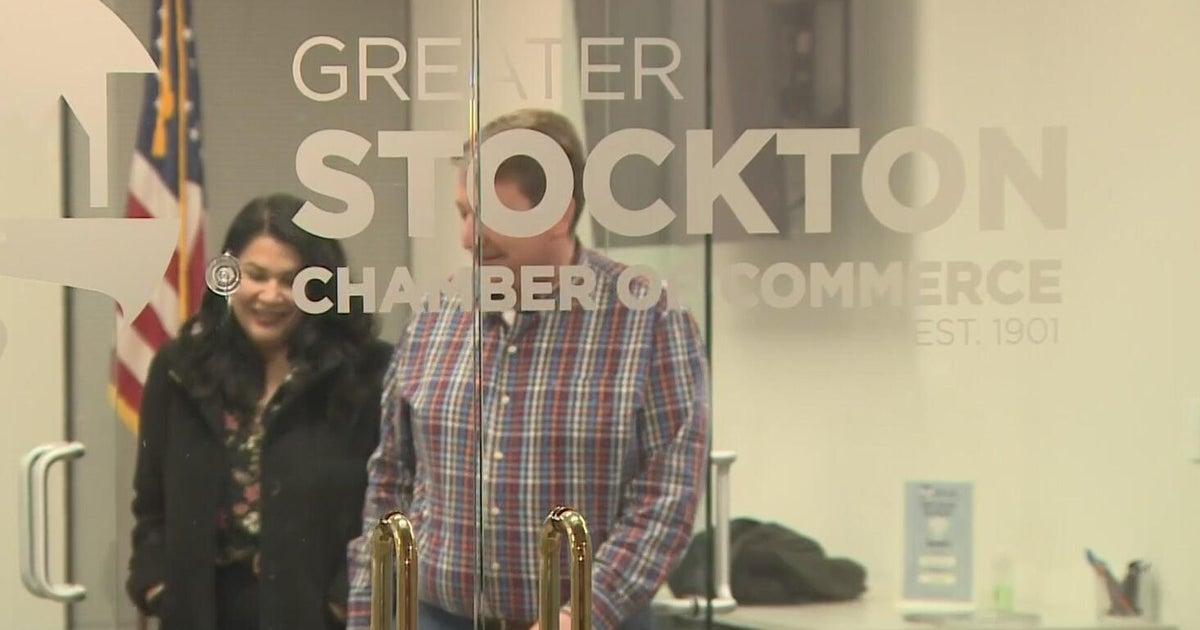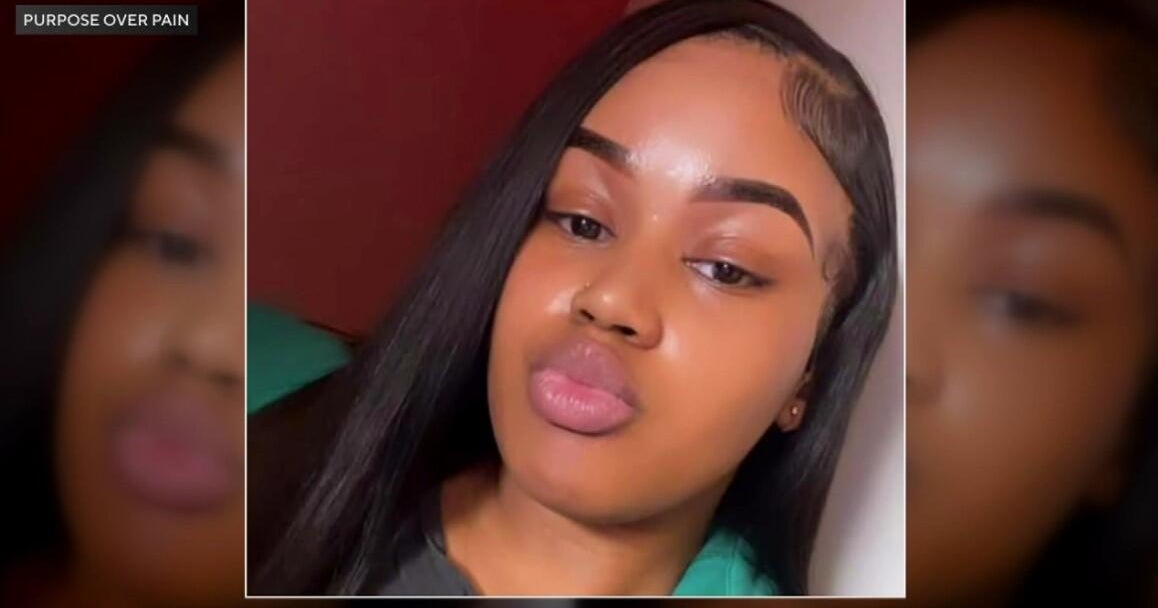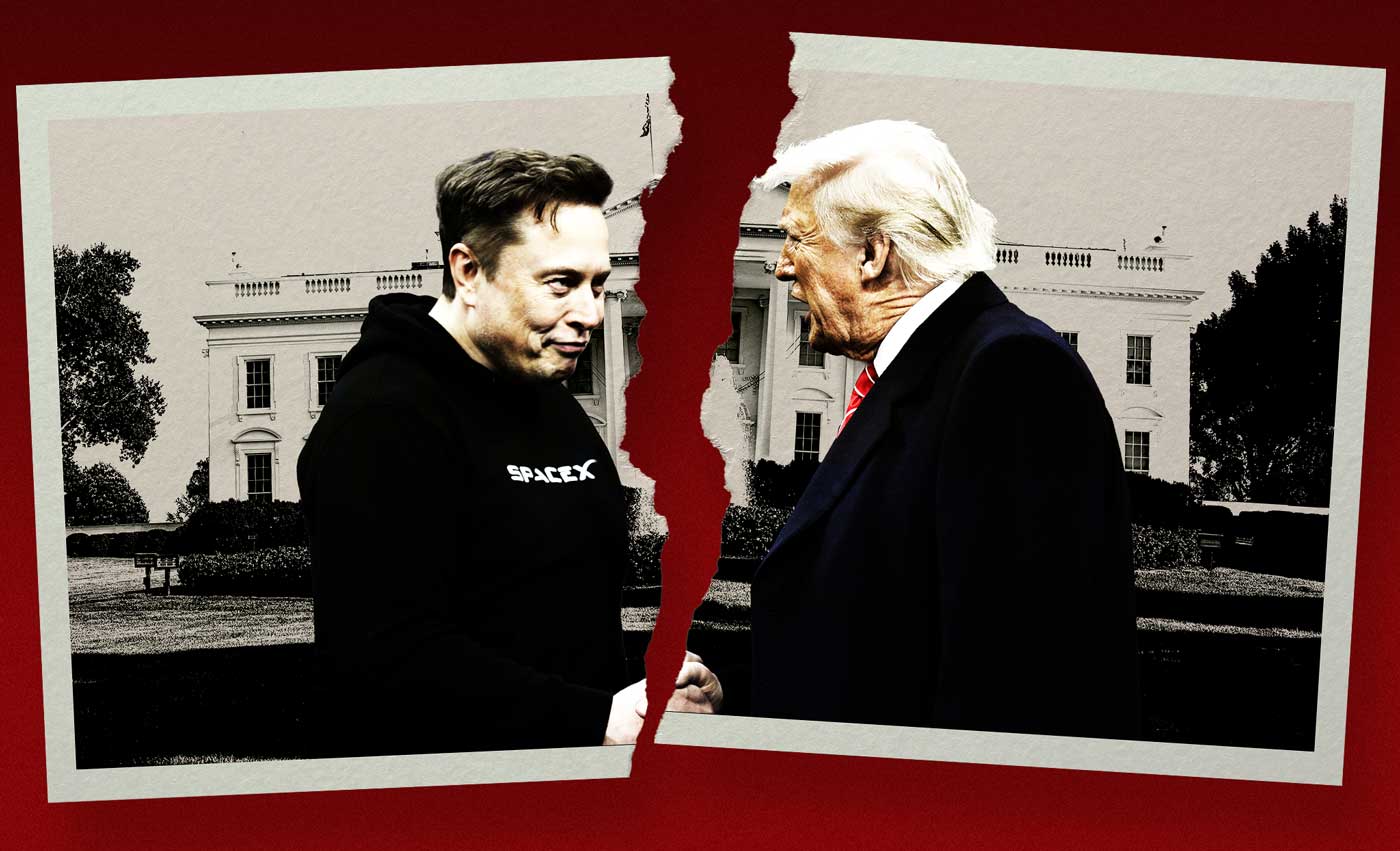What Elon Musk's seat on Twitter's board could mean for its users
Tesla CEO Elon Musk now has a 9% stake in Twitter and a seat on its corporate board of directors, raising questions about how the billionaire business magnate could reshape the social media platform. As Twitter's biggest shareholder, he has the ear of top managers.
"Through conversations with Elon in recent weeks, it became clear to us that he would bring great value to our Board," Twitter CEO Parag Agrawal said on Tuesday morning.
The "friendly move" will likely "lead to a host of strategic initiatives" both in the near- and long-term, said Wedbush analyst Daniel Ives said in an April 5 report.
One immediate impact: Twitter's stock has surged more than 30% since Musk revealed he had taken a stake in the social media business.
Does Musk have a history with Twitter?
Indeed he does. Musk's 80.5 million Twitter followers make him one of the most popular figures on the platform, rivaling pop stars like Ariana Grande and Lady Gaga. But his prolific tweeting sometimes gets him into trouble when, for instance, he uses it to promote his business ventures, rally Tesla loyalists, question pandemic measures and pick fights with those with whom he disagrees.
In one famous example, Musk apologized to a British cave explorer who alleged the Tesla CEO had branded him a pedophile by referring to him as "pedo guy" in an angry — and subsequently deleted — tweet. The explorer filed a defamation suit, although a Los Angeles jury later cleared Musk.
He's also been locked in a long-running dispute with the U.S. Securities and Exchange Commission over his Twitter activity. Musk and Tesla in 2018 agreed to pay $40 million in civil fines and for Musk to have his tweets approved by a corporate lawyer after he tweeted about having the money to take Tesla private at $420 per share — which didn't happen but caused Tesla's stock price to jump. His lawyer has contended that the SEC is infringing on Musk's free speech rights.
What does Musk plan to do at Twitter?
Musk has described himself as a "free speech absolutist" and has made clear that he doesn't think Twitter is living up to free speech principles — an opinion shared by followers of Donald Trump and several right-wing political figures who've had their accounts suspended for violating Twitter content rules.
But what's really driving Musk's Twitter involvement isn't clear. His preoccupations with the service include arguing to make Twitter's algorithm viewable by the public, widening the availability of "verified" Twitter accounts, and blasting a profile photo initiative involving non-fungible tokens, or NFTs.
Musk has also called "crypto spam bots," which search tweets for cryptocurrency related keywords then pose as customer support to empty user crypto wallets, the "single most annoying problem on twitter."
"We don't know what his goals are," said Jennifer Grygiel, a Syracuse University communications professor and an expert on social media. "Maybe Elon Musk secretly wants to blow (Twitter) up ... maybe he wants to destroy it."
In a tweet, Musk said he was looking forward to making "significant improvements to Twitter in coming months!"
What can Musk actually do as a board member?
Musk's role as both a board member and Twitter's largest shareholder certainly gives him an outsized voice in the company's future. He's been publicly praised this week by the CEO and other board members, a sign that Twitter leadership is likely to take his ideas seriously.
But he's still just one member of a 12-person board that Twitter says has "an important advisory and feedback role" but no responsibility over day-to-day operations and decisions. That means Musk won't have the authority to add an "edit button" or to restore Donald Trump's suspended account.
"Our policy decisions are not determined by the board or shareholders, and we have no plans to reverse any policy decisions," said Twitter spokesperson Adrian Zamora.
Nevertheless, Musk is expected to push Twitter on issues of free speech. Twitter is among several social media platforms trying to strike a balance between free expression and the censoring of content deemed hateful, harmful or false.
"[W]e believe a primary driver of this investment is Mr. Musk's desire to reshape the platform and make it more open-source with fewer intermediary controls," analysts at Truist Securities said in a research note.
What do shareholders think?
Several Wall Street analysts said they were encouraged by Musk's new role at Twitter. "This is a guy that does push for change, that does, I think, refuse to have failure on his resume. A perfect guy you need on the board of directors for them," said CFRA Research analyst Angelo Zino. That's true, Zino said, even if "what exactly his ideas are, who the heck knows."
Other investors aren't so sure. Meredith Benton, founder of the investment consulting firm Whistle Stop Capital, has been pushing for shareholders at both Twitter and Tesla to back stronger policies affecting workplace harassment and discrimination. She describes Musk's new role as a concerning development for Twitter investors, especially given accusations by California regulators that Tesla has been discriminating against Black employees at its San Francisco Bay Area factory.
"Twitter's greatest current challenge is to navigate successfully through the societal implications of its platform's use," Benton said. "Elon Musk with his air of reckless bravado presents a risk of undermining thoughtful and strategic management of these topics."
Where is Twitter as a company?
There has been executive turnover since co-founder Jack Dorsey's departure in November left Twitter with Agrawal at the helm, as his initial actions have involved reorganizing divisions. Wall Street analysts had approved of the choice of Agrawal as the new leader, but there have been no major changes to the platform yet. The company has long lagged behind its social media rivals and boasts far fewer users.
The mere fact of linking Musk's high-profile name to Twitter could get people to spend more time on on the platform and help it make more money, Zino said, calling Musk "the most important individual" at Twitter.
Musk is a busy guy
You wouldn't know it from his prolific posts, but he does hold several big roles, including CEO and "Technoking" of electric car company Tesla and CEO of the rocket company SpaceX. He is also the founder of The Boring Company, an underground tunnel company; and Neuralink, which wants to plant computer chips in people's brains.
Critics have raised concerns about medical research conducted at the University of California, Davis on live monkeys involving Neuralink, which Musk co-founded, CBS San Francisco reported.
Opponents of the research say the primates are subjected to abusive experiments that sometimes end in death. In February, lawsuit by a physicians group was filed against the university demanding that documents about the research be released, and a complaint has been filed with the federal authorities.
Still, Wedbush analyst Ives said he believes "balancing his key roles at SpaceX and Tesla should NOT be an issue or major worry for investors at this pivotal time." Ives added, "Now it's time to get out the popcorn and watch the developments over the coming months with Musk on the board."



